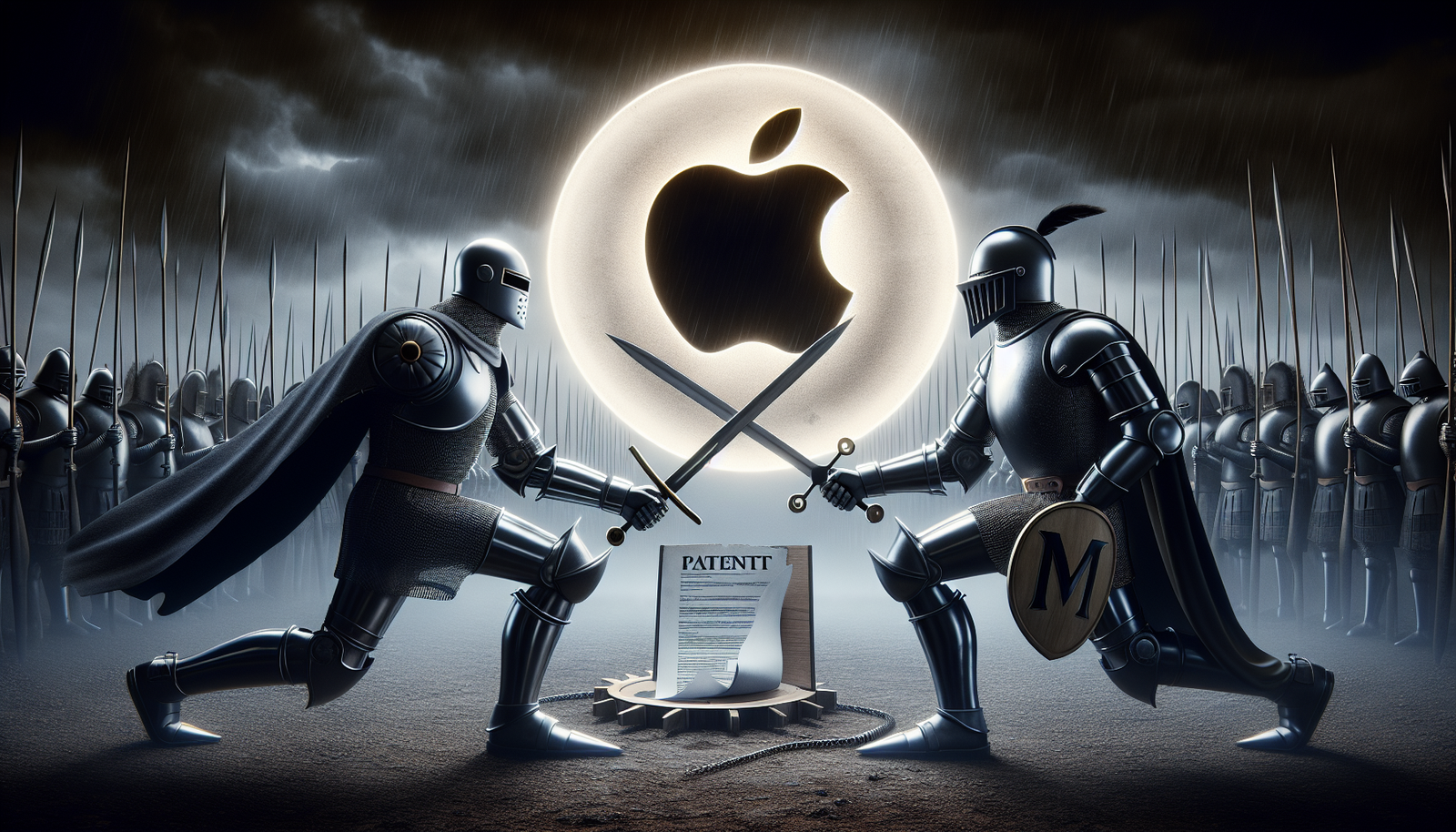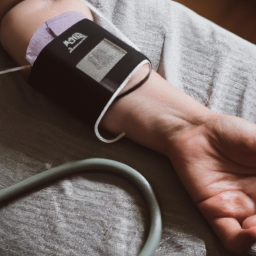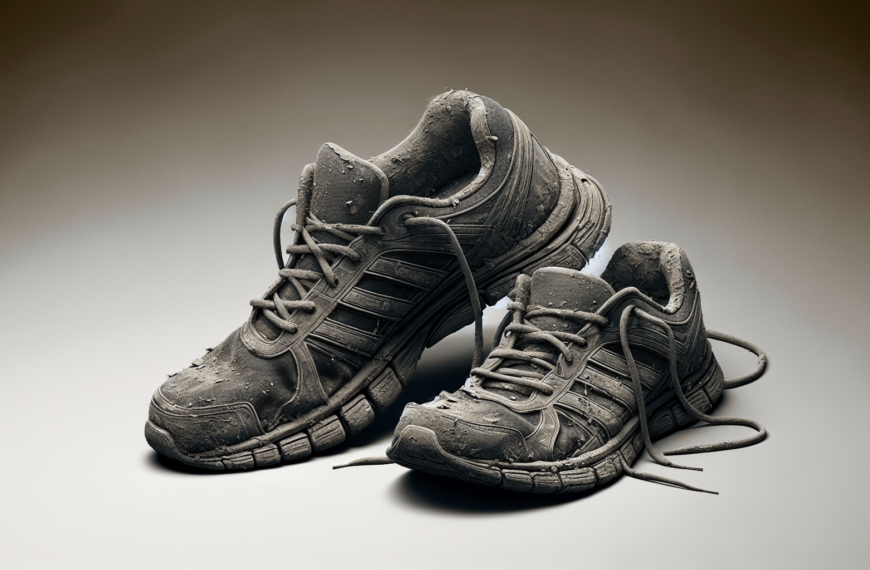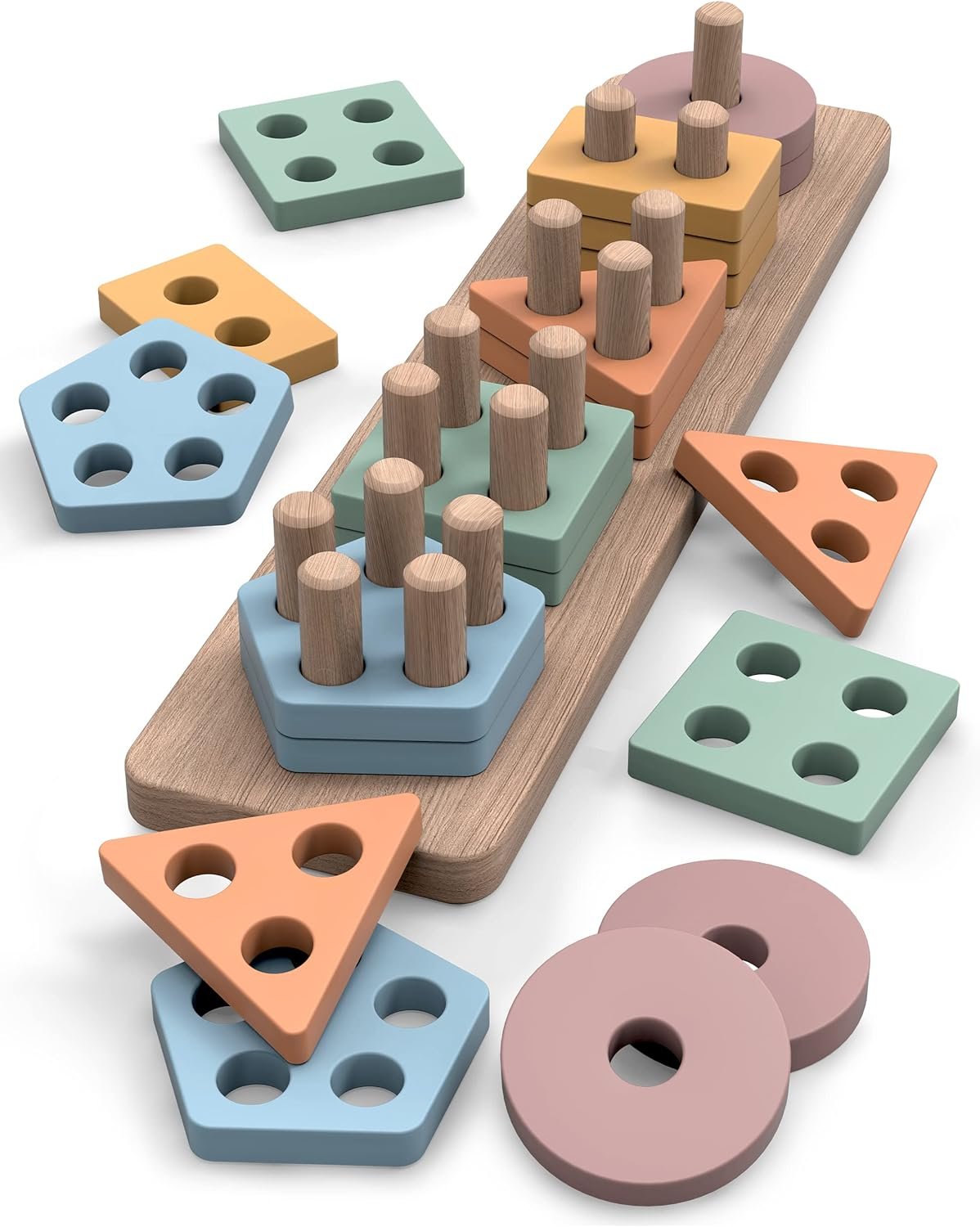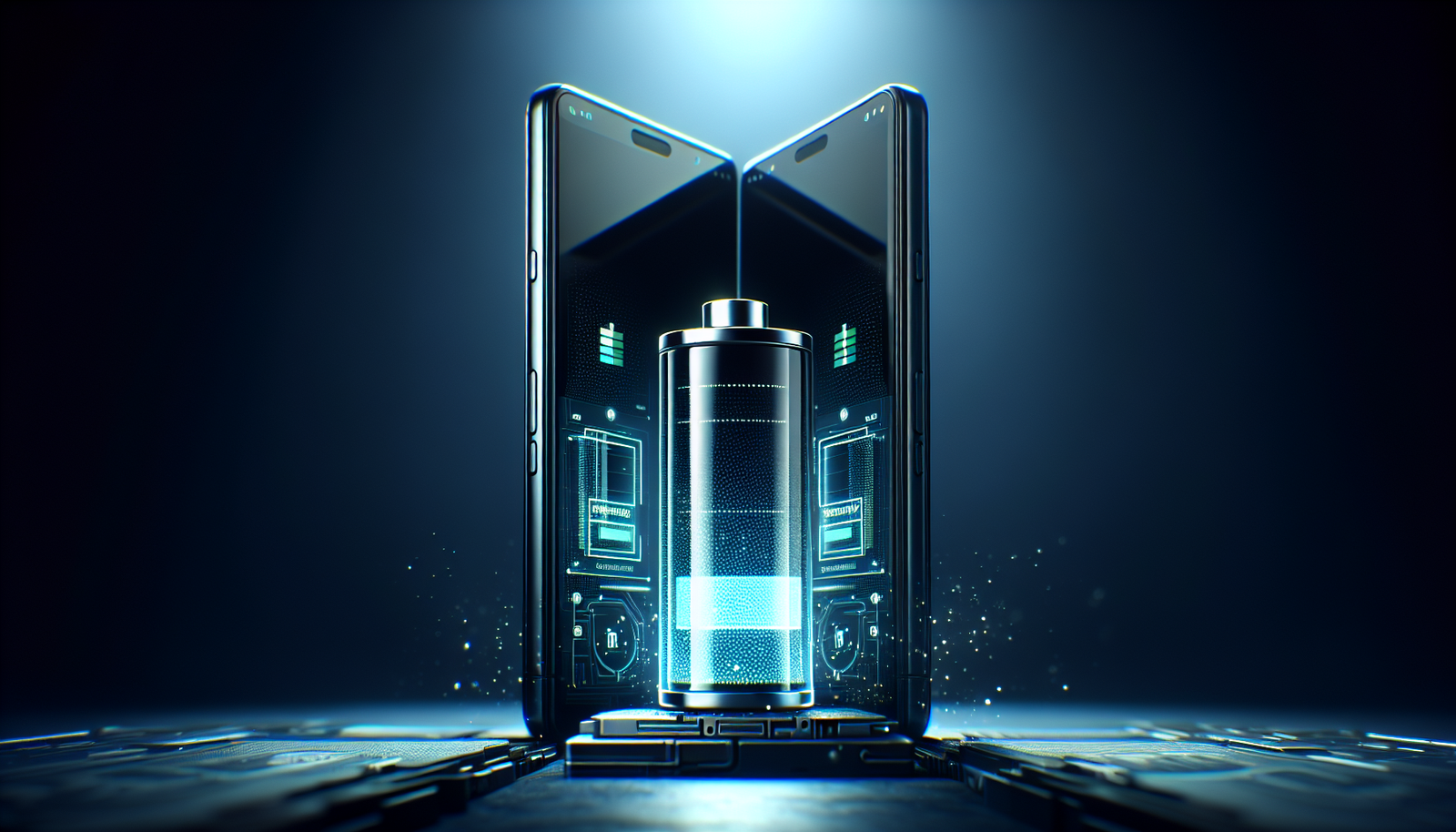The U.S. International Trade Commission (ITC) has formally opposed Apple’s motion to pause the sales ban on its Apple Watch Series 9 and Apple Watch Ultra 2 during the ongoing patent dispute with medical tech company Masimo. Apple had temporarily halted sales of these models in mid-December due to the dispute related to the Apple Watch’s blood oxygen measuring capabilities. The Court of Appeals for the Federal Circuit had granted an interim stay while Apple’s appeal was being reviewed. However, the ITC lawyers argue that Apple’s case for the sales ban to be paused lacks persuasive evidence and amounts to little more than infringing on the asserted patents. The court is still accepting replies until January 15, meaning that the affected Apple Watch models will remain on sale at least until Monday. This opposition from the ITC adds another chapter to the ongoing legal battle between Apple and Masimo, with the latter claiming that Apple stole employees and trade secrets during the development of the Apple Watch. Apple denies these allegations.
Background
In mid-December, Apple faced a sales ban on its Apple Watch Series 9 and Apple Watch Ultra 2 models in the U.S. due to a patent dispute with medical tech company Masimo. The dispute centered around the blood oxygen measuring capabilities of the Apple Watch, prompting Apple to temporarily halt sales of the affected models. However, Apple quickly appealed the decision, leading to the Court of Appeals for the Federal Circuit to issue an interim stay while reviewing Apple’s request for a full stay throughout the appeal process. As a result, Apple was allowed to resume sales of the impacted Apple Watch models on a temporary basis.
Recently, the U.S. International Trade Commission (ITC) formally opposed Apple’s motion to pause the sales ban for the duration of the appeal. This opposition was documented in a filing made with the U.S. Court of Appeals for the Federal Circuit. ITC lawyers criticized Apple’s case, describing it as weak and unconvincing. They argued that Apple’s arguments amounted to little more than a previously adjudicated infringer seeking permission to continue infringing upon the patents in question.
The ITC’s response raises questions about the ongoing court process and its potential impact on Apple Watch sales.
Read more about the latest articles
U.S. ITC’s Opposition
In its response to Apple’s motion, the ITC lawyers expressed their skepticism regarding the validity of Apple’s case. According to the lawyers, Apple’s arguments failed to justify the extraordinary remedy of a stay pending appeal. They criticized Apple’s request as being akin to a previously confirmed infringer seeking permission to continue infringing the asserted patents. The ITC lawyers’ response indicates that they believe Apple’s case lacks merit and should not result in the halting of the sales ban.
Apple’s Weak Case
The ITC lawyers’ opposition to Apple’s motion further underscores the perceived weakness of Apple’s case. The response suggests that Apple’s arguments failed to convince the ITC of the need to pause the sales ban during the appeal process. This indicates that the ITC is not convinced by Apple’s reasoning and likely holds a negative view of Apple’s chances of success in the ongoing patent dispute.
Apple’s inability to present a strong case may have detrimental consequences for the company’s hopes of overturning the sales ban and resuming unrestricted sales of the Apple Watch Series 9 and Apple Watch Ultra 2.
Request to Continue Infringing Patents
The ITC lawyers’ response also highlights Apple’s request to continue infringing upon the asserted patents while the appeal process unfolds. This request further weakens Apple’s position as it essentially admits to infringing upon the patents in question. The ITC lawyers argue that granting such a request would be tantamount to allowing a previously confirmed infringer to continue their infringing activities without consequences.
Apple’s willingness to request permission to continue infringing upon the patents raises concerns about the company’s commitment to intellectual property rights and their potential disregard for the legal ramifications of their actions.
Ongoing Court Process
Despite the ITC’s opposition to the sales ban pause, the court has allowed for the submission of replies in support of Apple’s motion until January 15. This means that the affected Apple Watch models should remain on sale at least until Monday.
The ongoing court process presents an opportunity for Apple to present additional arguments and evidence in support of their case. However, considering the ITC lawyers’ response and their skepticism of Apple’s position, it remains uncertain whether the court will be swayed by Apple’s arguments.
The court’s decision regarding the sales ban pause and the subsequent impact on Apple Watch sales will likely have significant implications for both Apple and Masimo.
Background of Patent Dispute
The patent dispute between Apple and Masimo dates back to 2020 when Masimo claimed that Apple had stolen employees and trade secrets from the company. Masimo alleged that Apple had hired Masimo employees involved in the development of the Apple Watch, including Chief Medical Officer Michael O’Reilly and Cercacor Chief Technical Officer Marcelo Lamego. Masimo argued that these employees had shared Masimo’s intellectual property with Apple during the development process.
Masimo sought over $1.8 billion in damages and co-ownership of five Apple pulse oximetry patents, which Masimo claimed were based on its technology. Apple, on the other hand, denied Masimo’s allegations of theft and intellectual property infringement.
The patent dispute thus revolves around accusations of employee theft, the claimed damages sought by Masimo, and the dispute over intellectual property ownership.
Software Fix by Apple
Reports indicate that Apple’s engineers are actively working on a software fix to address the patent infringement claims made by Masimo. The fix primarily focuses on making changes to the algorithms used on the Apple Watch to measure a user’s blood oxygen level. This particular feature has been a bone of contention between Apple and Masimo, with Masimo arguing that the blood oxygen measurement infringes upon its patents.
Apple’s efforts to develop a software fix reflect the company’s attempt to evade the import ban on the Apple Watch in the U.S. The success of these changes will likely play a crucial role in determining the outcome of the ongoing patent dispute.
ITC’s Response Document
The ITC’s full response to Apple’s motion opposing the sales ban pause can be accessed through a PDF document. The document provides further insights into the ITC lawyers’ arguments against Apple’s case and sheds light on their reasoning for opposing the sales ban pause. It is recommended for those interested in the details of the ITC’s response to refer to the PDF for a comprehensive understanding of the opposition raised by the ITC.
Read more about the latest articles
Conclusion
At present, the sales ban on the Apple Watch Series 9 and Apple Watch Ultra 2 remains in effect despite Apple’s appeal and interim stay. The ITC’s formal opposition to Apple’s motion for a sales ban pause during the appeal process adds further complexity to the ongoing patent dispute.
The implications of the sales ban on Apple and Masimo are significant. Apple’s ability to resume unrestricted sales of the affected Apple Watch models will depend on the court’s decision regarding the sales ban pause and the effectiveness of the software fix being developed by Apple. Masimo, on the other hand, stands to gain both financially and in terms of asserting its intellectual property rights if the court maintains the sales ban and recognizes the validity of its patent infringement claims.
The developments in the ongoing patent dispute will undoubtedly shape the future landscape of the wearable technology industry, impacting both Apple and Masimo.
Sources
- MacTrast – Original article
- External links for additional information

